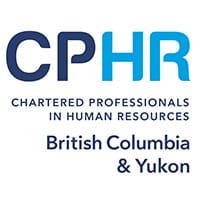Workplace safety is a concern for all workers, employers and their loved ones. Young adults and teenagers can gain great experience from working, but they may not be prepared to manage certain hazards on the job. To respond to this issue, British Columbia is enacting new rules by setting out minimum ages for hazardous work.
What qualifies as hazardous work under the new rules?
There are four types of work where the minimum age will now be 16 years old: general construction, silviculture, firefighting in forests and certain types of work involving dangerous heights.
Most other hazardous work will require a minimum age of 18 years old. This includes work that involves a chainsaw, most food processing and metal processing work. Exposure to silica, asbestos, radiation or other chemicals requiring a respirator are also considered hazardous and cannot be undertaken by anyone under the age of 18.
How were the ages of 16 and 18 determined?
The new rules were determined following a review that included looking at WorkSafeBC injury data, considering laws in other jurisdictions and undertaking consultations with industry groups. Surveys conducted throughout the consultations confirmed that 18 years old was an appropriate minimum in most cases. However, 16 would be sufficient for select types of slightly less hazardous work.
There are a few reasons that people have been advocating for this age restriction. Primarily, it ensures young people have the life experience and maturity to understand the dangers of hazardous work.
There are also concerns that British Columbia workers under a certain age may feel like they cannot refuse unsafe work or will be tentative about asking questions due to their youth relative to others at the workplace.
These new age restrictions could place a burden on some businesses to quickly adapt and comply in order to avoid facing potential legal ramifications. Employers with legal questions about these regulations could benefit from reaching out to an experienced British Columbia employment lawyer.


